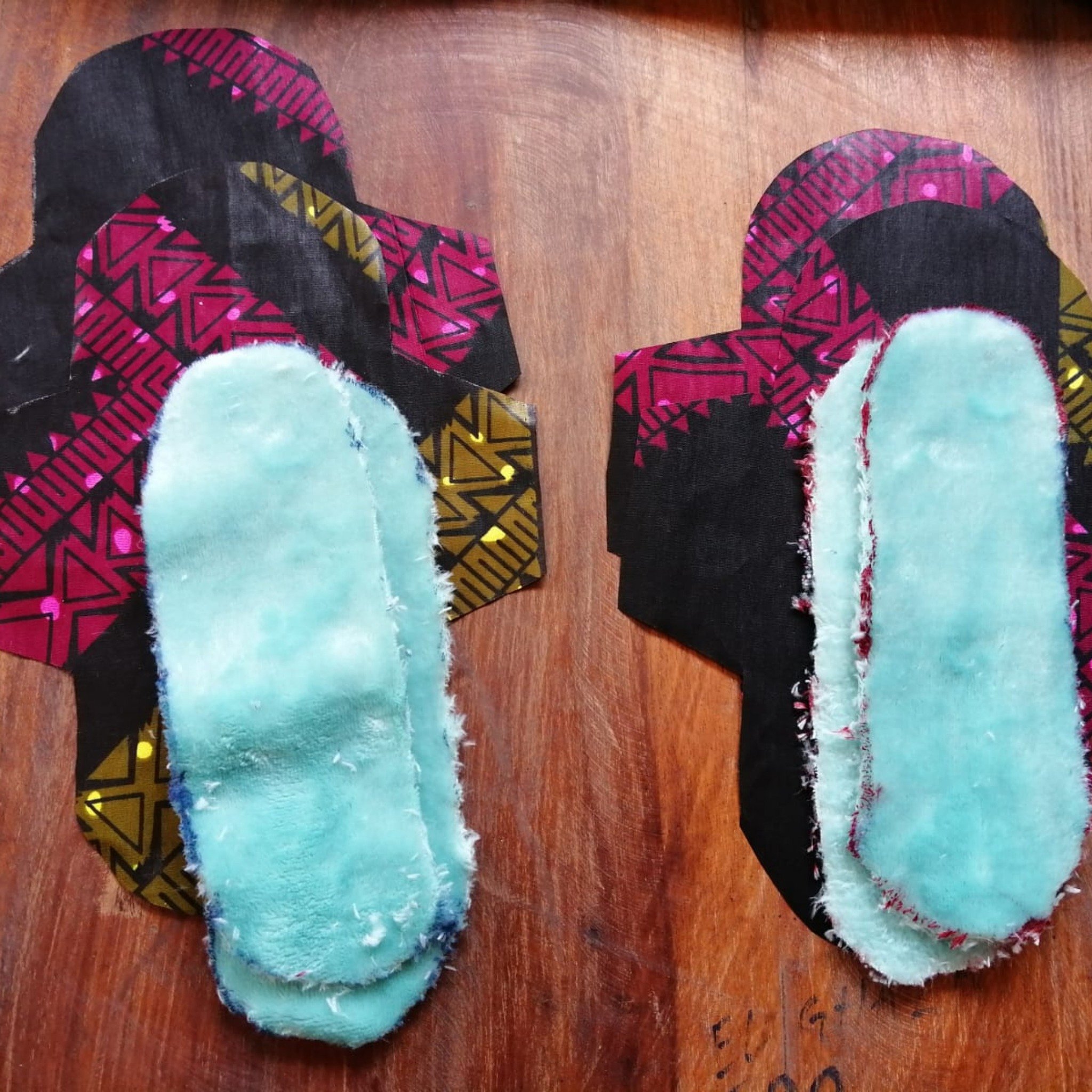Sanitary Pads - What´s New with Our Projects?
Menstruation is a culturally sensitive theme, particularly in Africa. It is associated with various taboos, misconceptions, fear, psychological stress, and lower self-esteem among girls and women. Besides these psychological factors, inadequate access to menstrual products and hygienic facilities can result in menstrual shame and lead to other limiting outcomes that girls and women experience in their studies and work.
If you do not have time to read this whole article, we recommend to check out our step-by-step instruction video: https://www.youtube.com/watch?v=0kiuNK9dSlc!
We also made a very detailed manual. Both of these are helpful tools for creating the pads without the presence of instructors.
Why Reusable Sanitary Pads?
Being aware of the scope of this issue, we have decided to organize workshops on providing reusable sanitary pads within Bookfeeding libraries. We have considered reusable sanitary pads as the most appropriate solution considering the advantages these pads have. Firstly, it is the financial availability (we counted the expenses of one reusable pad, it came up to half a dollar with materials bought at the local markets in bulk. This was the expense in Tanzania and will, of course, differ depending on the location). Secondly, the pads can be reused. Therefore, you save money over time and reduce the environmental impact of disposable pads or tampons. Fabric-made reusable pads are also comfortable when properly made and maintained. In comparison to menstrual cups, they are easy to use and are culturally accepted.
Pilot Study in Kasese, Uganda
We ran a pilot project in Uganda in March 2021 in our new library in Kasese run by our very active bookfeeders, Costa and Henry. The Fair Earth Bookfeeding library was hosting tailoring workshops for a group of teen mothers. The girls switched for 10 days from tailoring clothes to workshops on reusable sanitary pads, which we combined with talks, games, and short lectures on issues the girls were concerned about. We spoke about the biological principles of menstruation, the ovulation cycle, contraception methods, STIs, the myths and taboos surrounding them, and motherhood and nutrition. We were learning from each other. It helped us share our ideas about the roles of women/mothers/daughters in society and our diverse life priorities.
Another part of the workshop was to contemplate the business opportunities of making reusable sanitary pads on a bigger scale. Counting the expanses for making the pads, we considered the potential selling points and the structure and division of the responsibilities within the small business. We wanted to assess if the business would be profitable and sustainable. During this part of the workshop, we went to the city to visit the local tailoring shops to determine the prices of the materials and the possibility of obtaining leftover materials to keep the costs to a minimum.
However, the main goal of the workshops was to teach each girl to make the pad herself, teach another person, or even organize workshops on how to make the pads within the library or in the local schools. We made several pads so the girls could adjust them according to their needs, trying different designs and materials.
We also visited nearby schools and introduced the idea of having workshops on making the pads to the teachers and students.
Victory in Labyrint 2030 Competition and the Trip to Zambia
After a successful pilot project in Uganda, we decided to enter a competition – Innovation Lab Labyrint 2030 organized by the Caritas Czech Republic and Czech Development Agency. Thanks to a victory in the competition, we could travel to Zambia and be part of the Caritas´ mission for three days. During this period, we met with diverse groups of local women to talk to them about menstruation and spread the idea of reusable sanitary pads workshops.
After talking to women in rural and urban areas around Mongu, the biggest city in the Western province, and Congolese refugees in the transition camp in Lusaka, we gained interesting insights into the taboos and traditions and economic limitations around menstruation. Menstruation is viewed rather negatively. For example, menstruating women sleep in separate beds from their husbands, and they try to cover up the fact that they are menstruating as much as possible. Girls often drop out of school while menstruating because they are ashamed and afraid that their classmates will make fun of them. Then teachers rarely help them to catch up.
More on the Myths, Taboos, and Restrictions
Almost all the girls and women we talked to used folded fabrics called kitenge during menstruation because of financial reasons. In some cases, the women used diapers for 5 – 6 days and burnt them afterward. The menstrual blood is still full of superstition in many, mainly rural, communities. Women do not throw away the fabric or diapers they use during menstruation in the trash bin out of fear that the blood could be used for witchcraft. And even if they use disposable pads, they wash them after use for the same reason. Moreover, during the first menstruation, girls are isolated in a separate room from their families for several weeks. Even at school or on the way to school, they avoid contact with other people. During this period, they are only visited by older women, who teach them about hygiene and give them advice on their future role as wives.
Although not possible to generalize in terms of the small number of focus groups, all this information suggests that reusable sanitary pads are something that would be of use to women in Zambia. The reaction of the women and girls we spoke with also corresponded to this. We were thrilled with their enthusiasm for the idea of sewing pads and creating a business to earn extra income by selling pads.
Next stops - Kanyama Library in Lusaka, Zambia, and Chiparamba Trust Organization
After these interesting talks and focus groups within the Caritas Czech Republic projects, we continued to share reusable sanitary pads know-how with other Bookfeeding libraries. In November 2021, Alena and I visited the Kanyama library in Lusaka, Zambia, where we held two workshops, one with kids with disabilities and another with the school´s parent club. That was followed by a workshop held in Chipata, east Zambia, in cooperation with the Chiparamba Trust Organization.
The Chiparamba Conservation Fund is one of the great examples of local-expat cooperation. Its main goal was to set up a primary school in the excluded area outside of Chipata, east Zambia. A place where previously kids learned just under the tree now has classrooms, a kitchen, and toilets. There is still a need for more teachers (and teacher´s training) and classrooms. But it's a big step forward to have a roof over their head, especially because of the long rainy season.
The Story Continues in Tanzania
The Visiwani Bookfeeding library in Arusha also was enthused about the reusable sanitary pads idea. December 2021 saw two workshops within the library, followed by a few more in the villages. These were organized by Abi, a volunteer from the UK/Hungary, in cooperation with a local teacher Mary who helped with the translations to Kiswahili.
To be continued
We are keen to see how this initiative will be taken up with other libraries. We believe that after having initial finances for purchasing fabrics and other supplies, more workshops can be organized.
Furthermore, we have made a brochure in English (which will be soon translated into several other African languages) and a step-by-step instruction video: https://www.youtube.com/watch?v=0kiuNK9dSlc. Both of these are helpful tools for creating the pads without the presence of instructors.
- Míša, BF Uganda and Tanzania Ambassador






